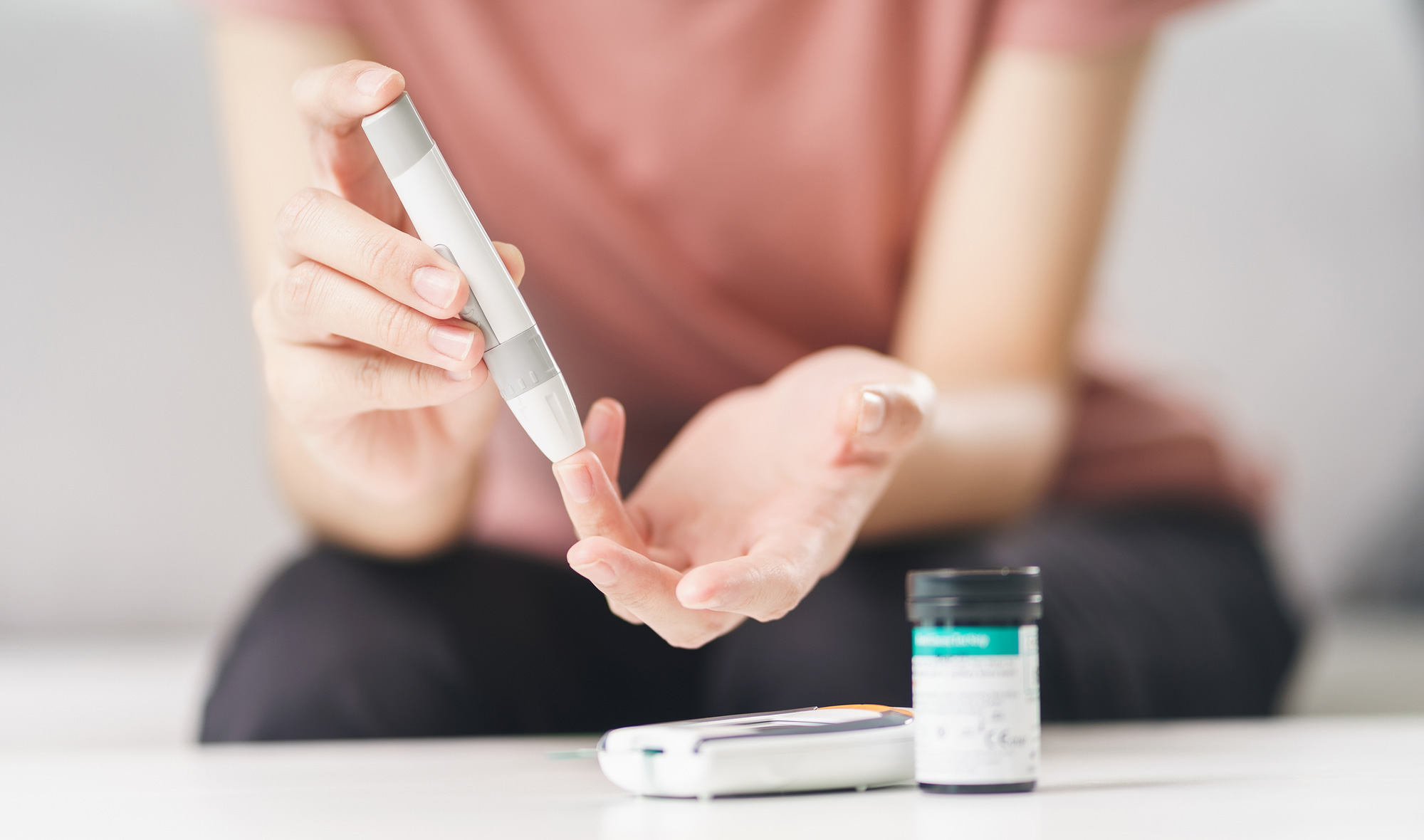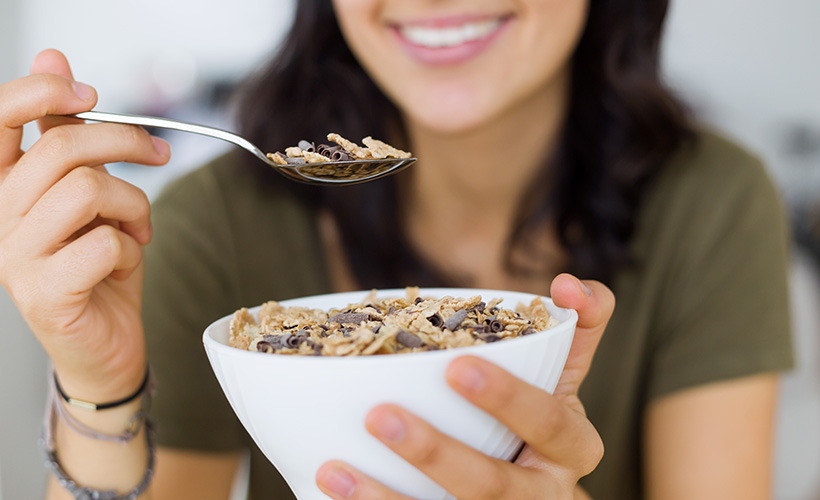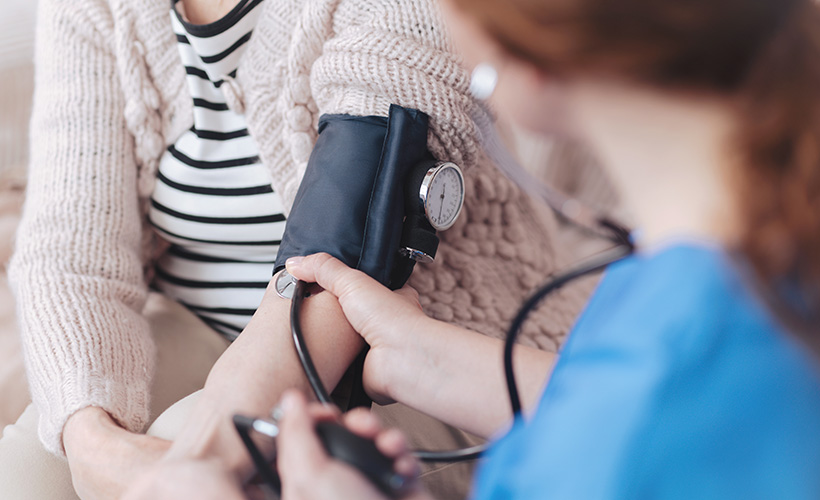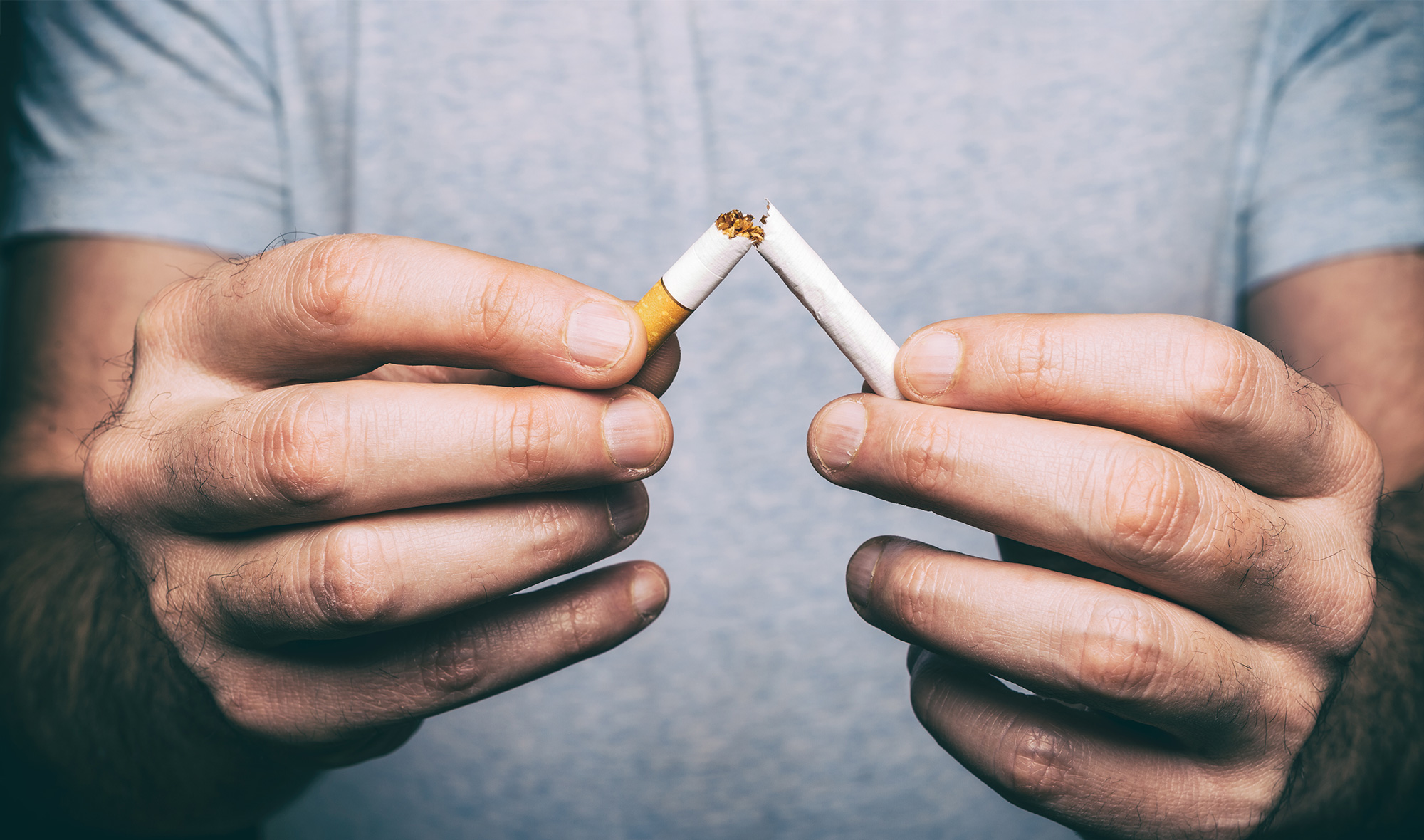What is diabetes?
Diabetes is caused by having too much sugar (hyperglycaemic) in the blood because the hormone insulin, which normally controls blood sugar levels, is either totally lacking or is not working properly.
The sugar in your blood (glucose) comes from digested carbohydrates, and is the major energy source for most cells, particularly muscle and brain cells. Insulin is released by the pancreas in response to increasing blood glucose levels, which normally happens after we have eaten, causing glucose to be taken up by our cells and used for energy. If there is still too much glucose in the blood, insulin instructs our liver cells to remove glucose and store it as a reserve called ‘glycogen’ until it is needed again. Without insulin, blood glucose levels get so high that the body cannot cope and tries to get rid of it in the urine, while at the same time cells are starved of their energy source. Eventually it would be fatal if untreated.
What causes diabetes?
There are three types of diabetes, with different causes.
- Type 1: or insulin-dependent diabetes is caused by failure of the pancreas to produce insulin, because important cells have been damaged by an autoimmune reaction, whereby the body’s immune system has turned on itself and destroyed those vital insulin-producing cells. It appears to be set off by a type of viral infection. It usually starts in childhood and the only remedy is to replace the insulin. There are around 15,000 to 20,000 people living with Type 1 diabetes in NZ.
- Type 2: is caused by either the body becoming resistant to the effects of insulin (especially in overweight people) or the pancreas not producing sufficient amount of insulin. It used to be called late–onset, non insulin-dependent diabetes, because it usually only occurs late in life (age 30-40) and can often be treated by diet alone. However, because of global obesity problems it is now beginning to affect children. There are over 250,000 cases in NZ.
- Gestational diabetes: can develop during pregnancy, when a woman needs more insulin than normal and cannot make enough. It will resolve after the birth of the baby but may put her at risk of developing diabetes later.
What are the symptoms?
- Extreme thirst
- Increased urination
- Weight loss
- Blurred vision
- Lethargy and tiredness
- Dry skin
- Frequent infection
- Cramps, burning or tingling in legs or feet
These symptoms are typical of Type 1 diabetics who have a rapid onset of the disease.
Type 2 diabetics frequently do not develop symptoms until the disease has progressed for a number of years.
Complications
Diabetes is a progressive disease and unless well managed you may develop serious complications, due to persistently high blood sugar, including:
- High cholesterol and blood pressure, which increases risk of heart disease
- Blood vessel damage in the eye and kidneys, causing blindness or kidney failure
- Nerve damage (neuropathy) resulting in ulcers
- Impotence.
Risk factors
There is no evidence that Type 1 diabetes is inherited. However, for Type 2 diabetes, predisposition can be inherited from several abnormal genes. You are at risk if you:
- Are older (aged over 55)
- Are Maori, Polynesian, Asian
- Are obese
- Have a blood relative with diabetes
- Do not do enough exercise
- Are a woman who had a baby weighing more than 4kg (9lb) or had gestational diabetes in pregnancy
- Have Metabolic Syndrome, a combination of being overweight, having high blood pressure and often gout.
Prevention and treatment
Although there is no cure, diabetes can be controlled and managed. Early diagnosis is important.
1. Prevention
While you can’t do anything about your age, gender or whakapapa, you can reduce your risk by exercising regularly and keeping your weight down.
2. Early diagnosis
Do you have any risk factors (as above)? If so, visit your general practice and have a simple blood test. Your doctor or practice nurse can confirm the diagnosis.
3. Keep blood glucose levels down
Once diabetes is confirmed, you can concentrate on getting your blood glucose down to normal levels (4 to 7 mmol/litre). For Type 1 and some cases of Type 2 diabetes you will receive insulin therapy by injection just under the skin; insulin cannot be taken orally as it is destroyed by digestive juices. You will be advised on how often you need insulin and which one to inject, depending on your condition and lifestyle, and whether to use a disposable syringe or a pre-filled insulin pen. There are new delivery systems such as an infusion pump (there are two types of pumps funded in NZ) or inhaler (developed but not yet available in NZ).
For Type 2 diabetes, weight loss and exercise are essential. In addition, medications can be given to either boost your natural insulin production or stimulate glucose uptake by cells or prevent carbohydrate breakdown into sugar.
4. Take control of your diabetes
Monitoring blood glucose is an important part of daily management. You can use a home blood-glucose testing metre, which requires just a pin prick of your blood. This is particularly important if you are taking insulin or are on insulin-stimulating pills, as your blood sugar can fall dangerously low (hypoglycaemic) and you may end up in a diabetic coma. You can prevent this by eating sugary food as soon as you detect symptoms of a “hypo”, such as feeling unwell, loss of concentration, sweating and tingling around the mouth; so keep a sugary snack with you, like a few jelly beans or a chocolate bar.
5. Make important lifestyle changes
- Reduce cholesterol and blood pressure
- Reduce your weight
- Do regular exercise
- Eat a sensible low-sugar, low-fat and low salt diet
- Stop smoking as diabetics have a higher risk of strokes and heart attacks.
For more on Diabetes visit diabetes.org.nz

















Community